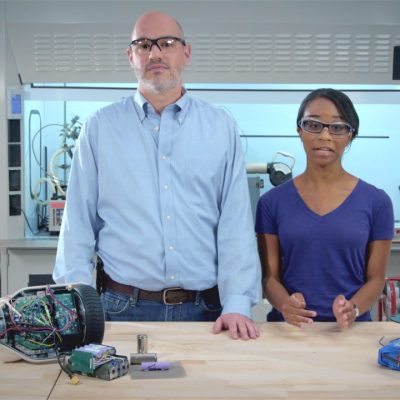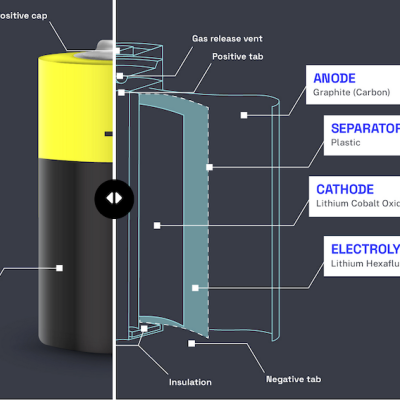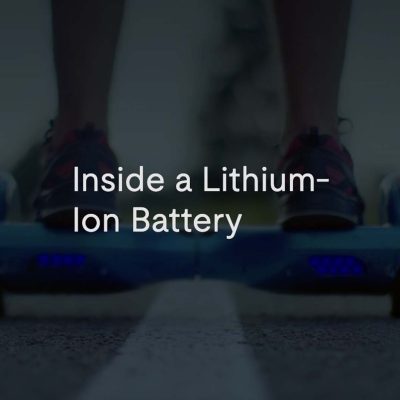The Science of

There’s been a fire. Investigate the burn patterns and figure out where the fire started and how.

The Science of

Fire safety is a complex problem without a single answer. Learn how to engineer and design fire-safe spaces.

The Science of

Safe and sustainable cities will depend on lithium-ion batteries to power our modern lives. But what are the costs?

The Science of

Lithium-ion batteries in your favorite devices make our daily lives possible, but they also come with risks. Join the search for safer solutions.

smart_display Video
How does a LIB work?
Context
What does a lithium-ion battery do? Cells in a battery store, transform, and conduct energy.
A lithium-ion battery and circuit transform electrochemical energy into electrical energy and transmit that energy as a current to a device, which is known in a circuit as a “load.”
The opposite reaction also occurs: When a battery is being charged, the movement of electrons and ions transforms electrical energy into electrochemical energy. The battery stores this electrochemical energy.
Related Resources

Intro to Thermal Runaway
smart_display Video

Lithium-Ion Battery Interior
touch_app Interactive

Inside a Lithium-Ion Battery
touch_app Interactive
© 2026 Underwriters Laboratories Inc. All rights reserved.
